Every health-conscious carnivore wants to opt for healthier food, not only for lifestyle reasons, but also to make a positive impact on environmental sustainability and animal well-being. However, you may have concerns about antibiotics given to animals and the impact on your health and the environment. This is everything you need to know. Widen your horizon by taking a look beyond it.
You can also click on the links below to jump right to the section you are interested in.
Why are antibiotics used on farm animals?
Sounds fair to me, what's wrong with that?
What is subtherapeutic or prophylactic use of antibiotics?
What are antibiotic-resistant bacteria?
On which farm animals are antibiotics used worldwide?
Do farmers have to administer antibiotics to farm animals by law?
Is the misuse and overuse of antibiotics only an agricultural problem?
Can antibiotic-resistant bacteria cross from farm animals to humans?
Are there antibiotic residues in meat?
What is the World Health Organization's stance on antibiotics use on farm animals?
Which countries use the most antibiotics on farm animals?
Does the organic standard allow the subtherapeutic use of antibiotics?
What about the animal's welfare?
What is Horizon Farm's stance on the use of antibiotics on farm animals?
I am confused, so what is the right choice?
What are antibiotics?
Antibiotics are medicines that help stop infections caused by bacteria. This is done by killing the bacteria or by hindering them from multiplying. The word antibiotic means “against life.” Any drug that kills germs is technically an antibiotic. 1
Why are antibiotics used on farm animals?
There are only 2 reasons to use antibiotics on farm animals, these are to treat a sick animal or to prevent animals from getting sick.
Sounds fair to me, what's wrong with that?
Treating a farm animal that has become seriously sick with antibiotics is in the farmer's and animal welfare's interest. However, treating animals with antibiotics to prevent them from falling sick without them being sick is where the issue stands. This kind of treatment is referred to as subtherapeutic or prophylactic use of antibiotics.
What is subtherapeutic or prophylactic use of antibiotics?
Subtherapeutic means "for reasons other than therapy", prophylactic means "preventative (measures)". Farm animals are given constant dosages of antibiotics to prevent them from falling sick even if they are not sick. This leads to an overuse of antibiotics which causes antibiotic-resistant bacteria that have an ever-increasing negative impact on human health.
What are antibiotic-resistant bacteria?
The use of antibiotics promotes the development of antibiotic-resistant bacteria. Antibiotic resistance happens when germs like bacteria and fungi develop the ability to create a resistance to the drugs designed to kill them. With each use of antibiotics, weak bacteria are killed, leaving behind stronger and resistant germs that grow and multiply. Repeat this process over time and you'll have an ever stronger growing strain of bacteria that is resistant to all known antibiotics also referred to as a superbugs. 2
On which farm animals are antibiotics used worldwide?
On all types of farm animals that produce food including dairy and eggs.
Do farmers have to administer antibiotics to farm animals by law?
No, it is solely a farmer's decision whether to use antibiotics on their farm animals or not. Governments and health institutions around the world are urging farmers to stop the subtherapeutic use of antibiotics on farm animals. 3
Is the misuse and overuse of antibiotics only an agricultural problem?
No. the overuse of antibiotics in human medicine is an issue as well. The world health organization urges the medical sector to only subscribe antibiotics when absolutely necessary. However, in most countries the farm animals exceed the human population by manifolds, logically most antibiotics sold and distributed by the pharma industry go into the agricultural sector making the agricultural sector a major factor.
Can antibiotic-resistant bacteria cross from farm animals to humans?
Much of the evidence relating to the potential for transfer of a resistance problem from animals to humans comes from antibiotic-resistant pathogenic E. coli and Salmonella that are potential threats to human health. The science behind these diseases is far from simple which makes it extremely difficult to point at one source or contributing factor.
Are there antibiotic residues in meat?
Due to food safety regulations in most developed countries, farm animals that have been treated with antibiotics have to follow a strict withdrawal period before being processed. Therefore, making all meat technically "antibiotic-residue free". As long as the maximum tolerance levels are monitored and followed, according to studies, residues are said to pose no risk to the consumer’s health.
What is the World Health Organization's stance on antibiotics use on farm animals?
The world health organization (WHO is a specialized agency of the United Nations responsible for international public health.) is crystal clear:
"The world health organization is recommending that farmers and the food industry stop using antibiotics routinely to promote growth and prevent disease in healthy animals". 5
“The emergence of bacterial resistance is outpacing the world’s capacity for antibiotic discovery,” 6
“With few replacement products in the pipeline, the world is heading toward a post-antibiotic era in which common infections will once again kill.” 7
Which countries use the most antibiotics on farm animals?
It is solely a farmer's decision whether to use antibiotics on their farm animals or not and not a country's decision.
Does the organic standard allow the subtherapeutic use of antibiotics?
No. The subtherapeutic use of antibiotics on farm animals is prohibited. 4
What about the animal's welfare?
Most parties involved agree that sick animals that require antibiotics to recover should be treated with antibiotic medication as a last resort. However, most of the antibiotics used on farm animals are for subtherapeutic use to compensate for inadequate animal welfare conditions. Healthy and happy farm animals do not need to be treated with antibiotics.
What is Horizon Farm's stance on the use of antibiotics on farm animals?
Our philosophy is simple. We support farms that use traditional methods of animal husbandry and that pay attention to how the animals are treated throughout the whole process. Traditional family farming does not require farm animals to be treated with antibiotics to prevent diseases. Animals are less likely to fall sick when high animal welfare standards are adhered to and respected.
Free-range farm animals are far less likely to fall sick or spread diseases. Antibiotics should never be used to compensate for inadequate animal welfare conditions! We at Horizon Farms guarantee that all our meat and dairy products come from farm animals that have never been treated with the subtherapeutic use of antibiotics. Ever.
I am confused, so what is the right choice?
Like with any other food and health aspect, it is too complicated to give a straight answer as there are too many contributing factors. The consumer market demands cheap meat products - more than ever. Low cost means factory-farming, factory farming means more farm animals using less space. Less space means inadequate farm animal welfare. Inadequate farm animal welfare means high probability of disease spreading amongst farm animals. Which requires preventative measures by using antibiotics on farm animals.
While the demand for natural and organic meat has been increasing over the years, small scale farmers who do not farm at extreme efficiency see themselves fighting against a mostly unregulated market where the term "natural" means something different to each group.
We at Horizon Farms sell all-natural and organic products. We cater to health conscious carnivores - that's our bias. Our mission and philosophy are against the subtherapeutic use of antibiotics on farm animals for environmental and animal welfare reasons.
In the very end, it is you who makes the decision - the consumer.
Disclaimer: Please note that while our explanations are correct they are simplified for shortness and understanding. We highly encourage you to do further research on this topic.
 |
About the author: Sam Tumeh (Founder & CEO of Horizon Farms, Inc.) has joined the consumer food and meat industry of Japan in 2010. |
Sources
1 https://www.cdc.gov/antibiotic-use/q-a.html
2 https://www.cdc.gov/drugresistance/about.html
3 https://epha.org/ending-routine-farm-antibiotic-use/
4 https://www.maff.go.jp/e/policies/standard/specific/attach/pdf/organic_JAS-12.pdf
5 https://www.who.int/news/item/07-11-2017-stop-using-antibiotics-in-healthy-animals-to-prevent-the-spread-of-antibiotic-resistance
6 https://www.who.int/director-general/speeches/detail/who-director-general-addresses-un-general-assembly-on-antimicrobial-resistance
7 https://www.who.int/director-general/speeches/detail/who-director-general-briefs-un-on-antimicrobial-resistance


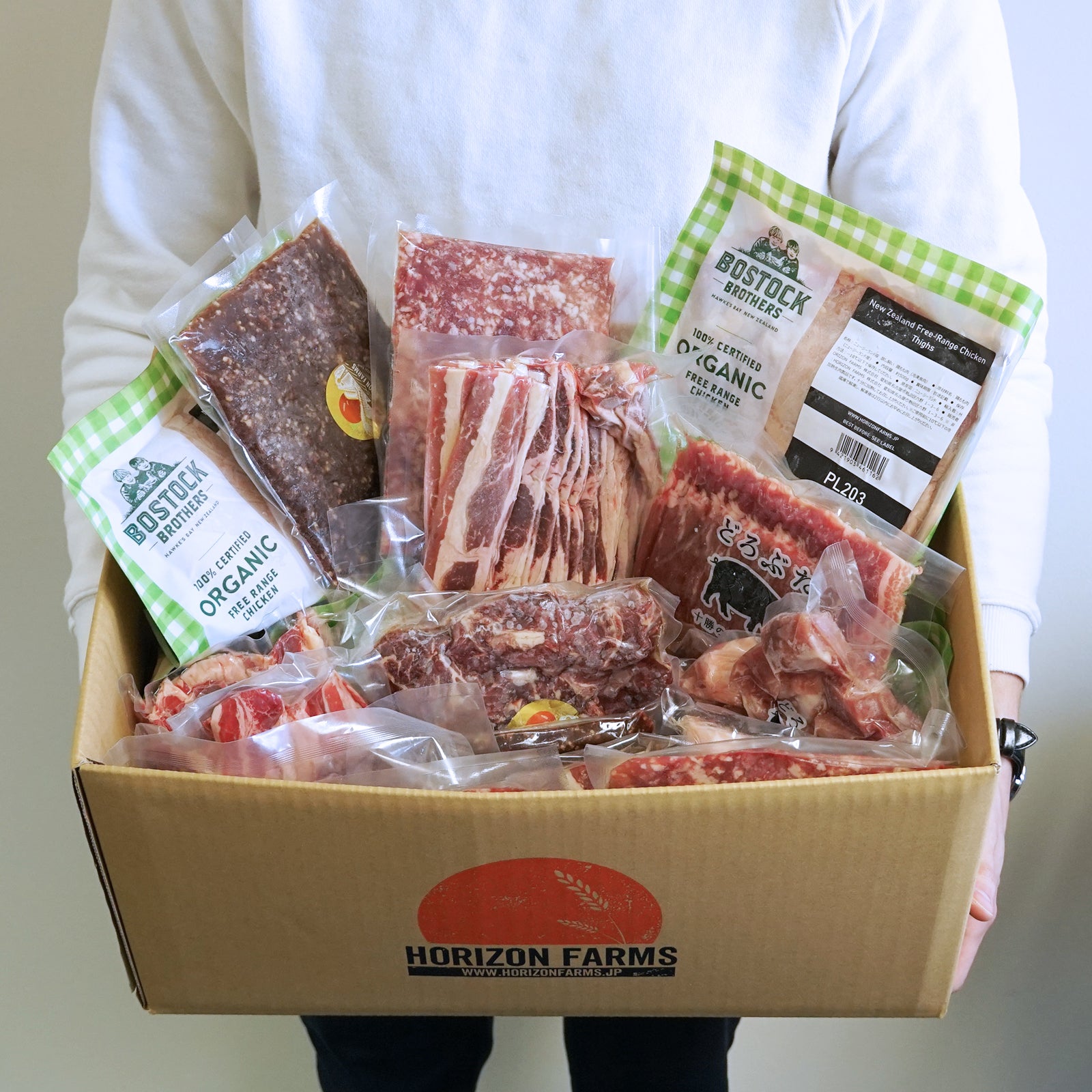

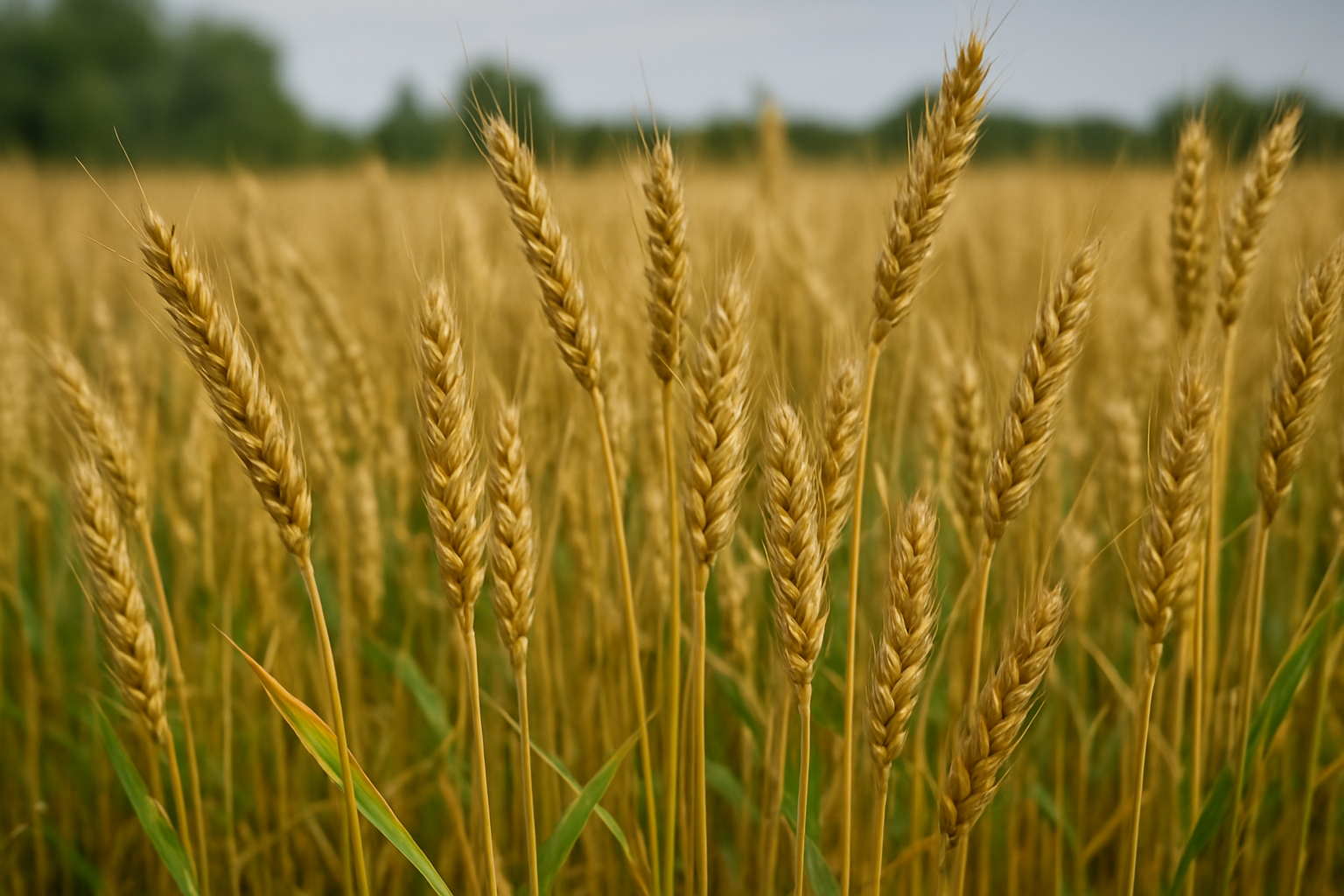


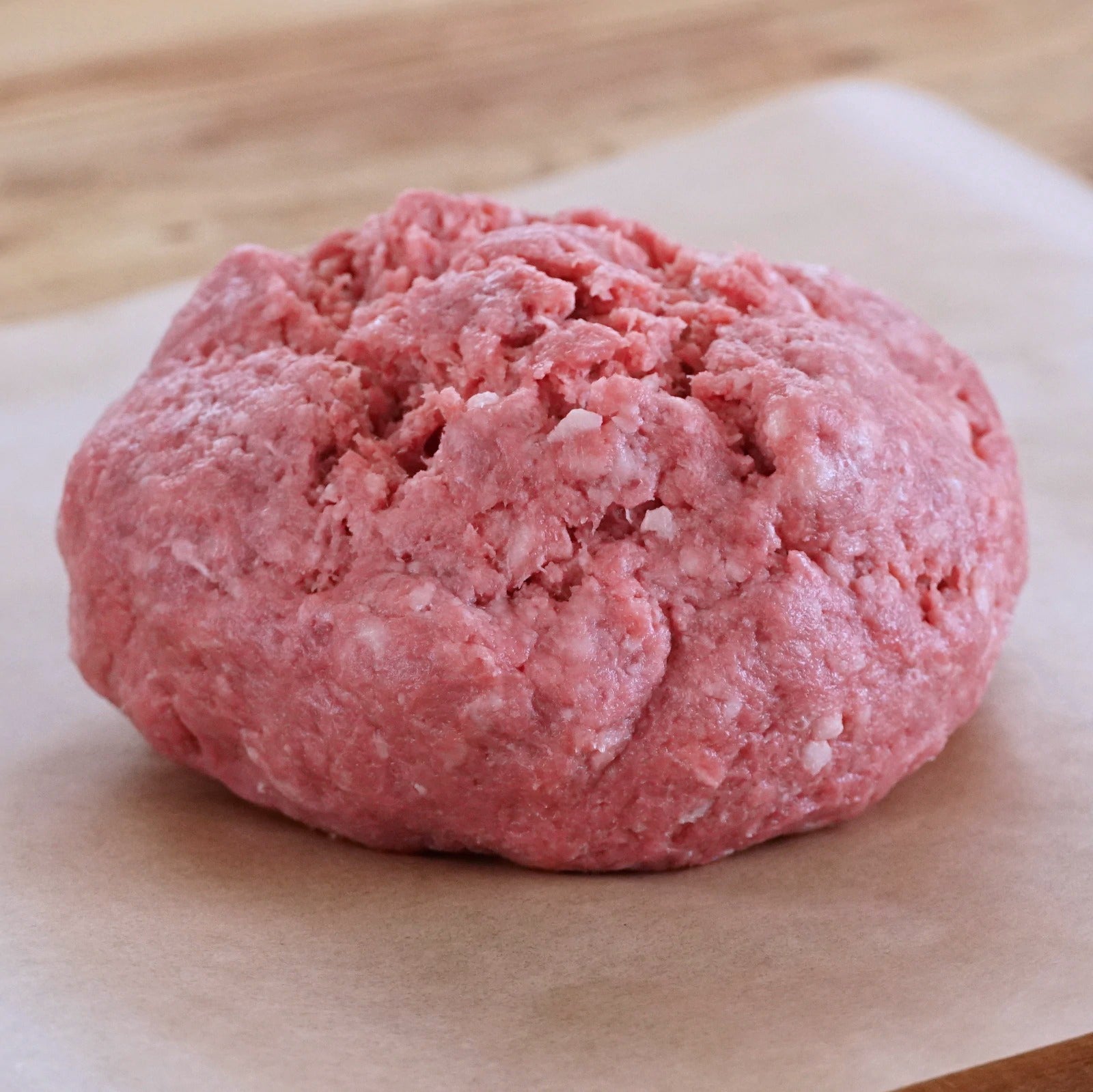
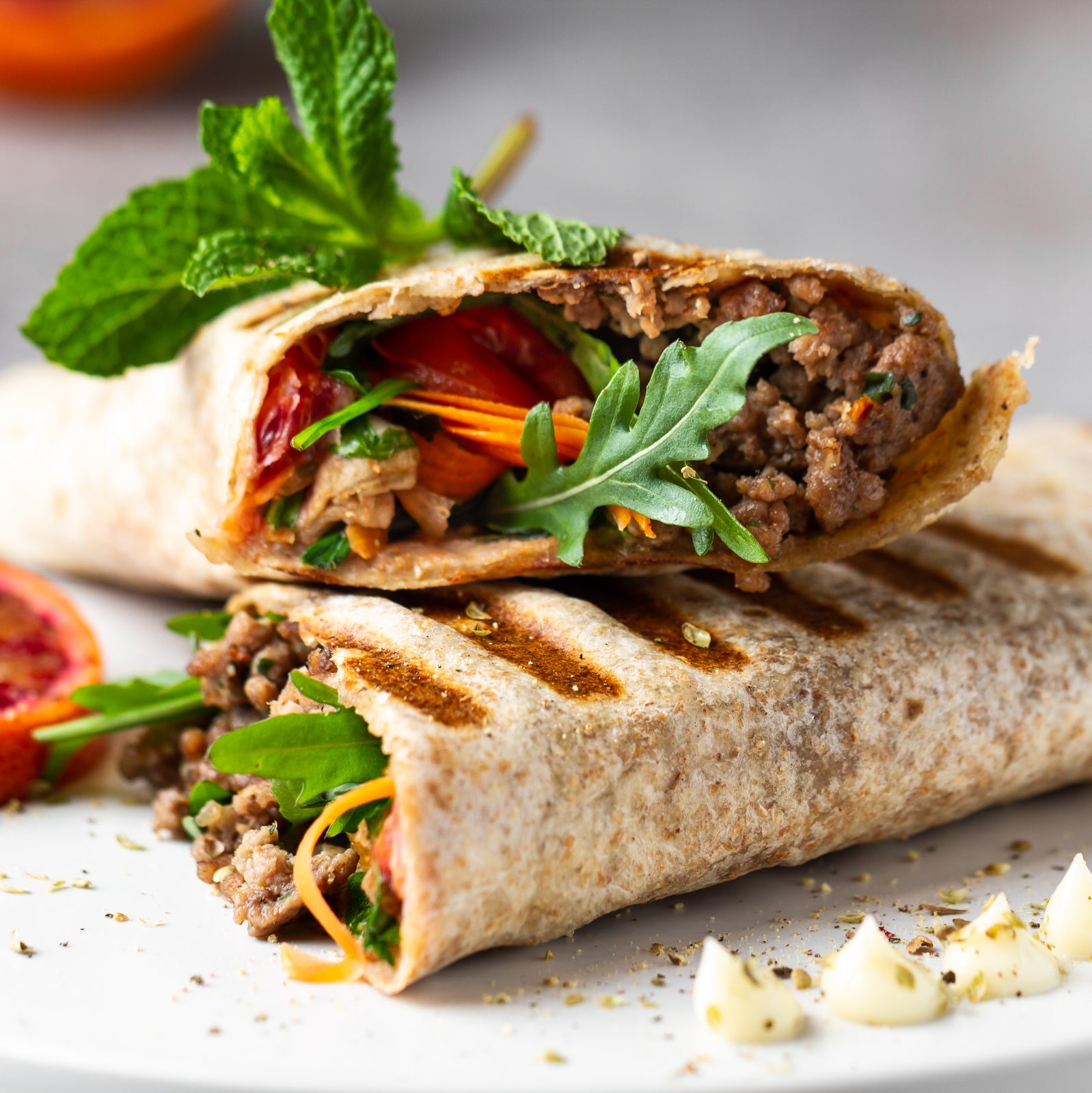
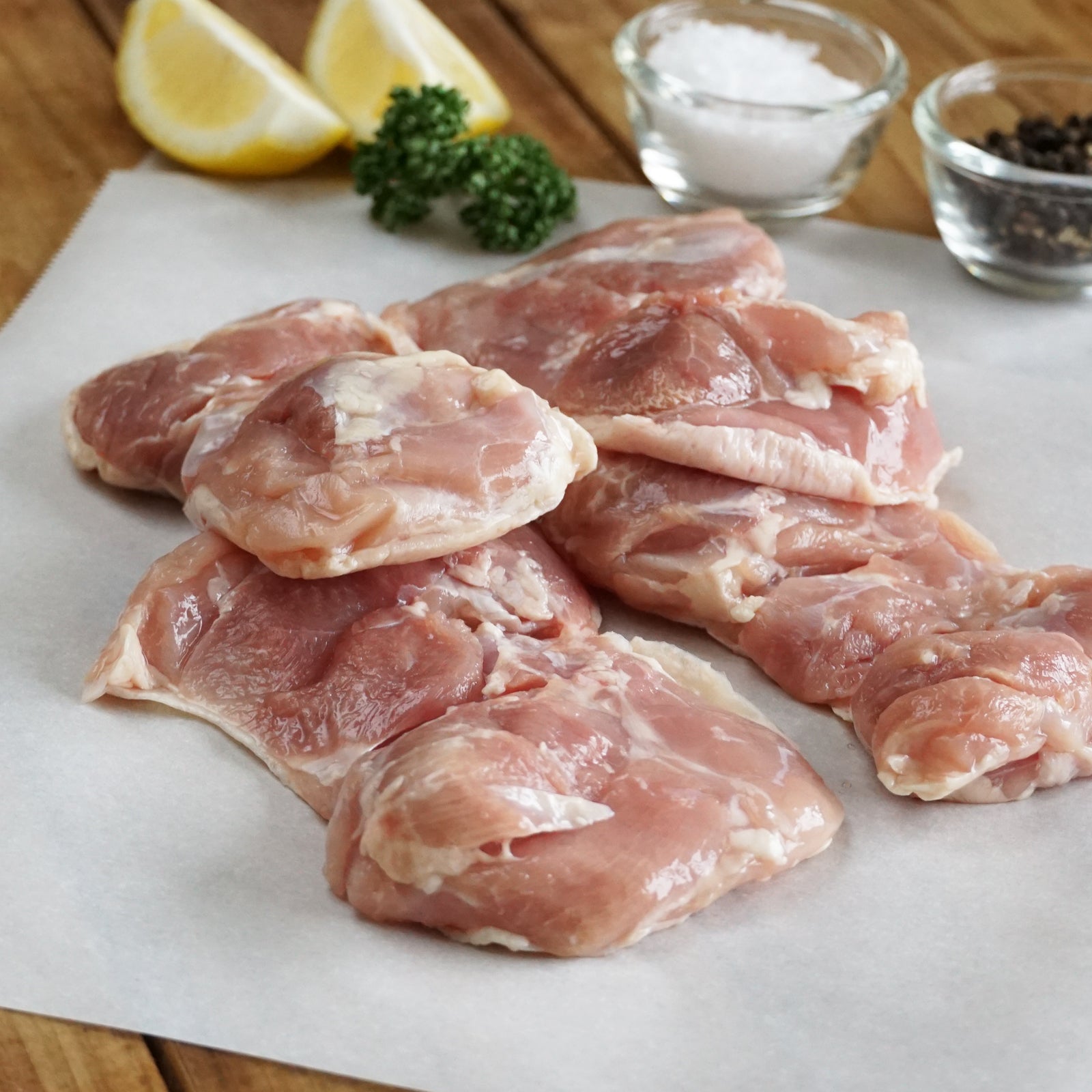

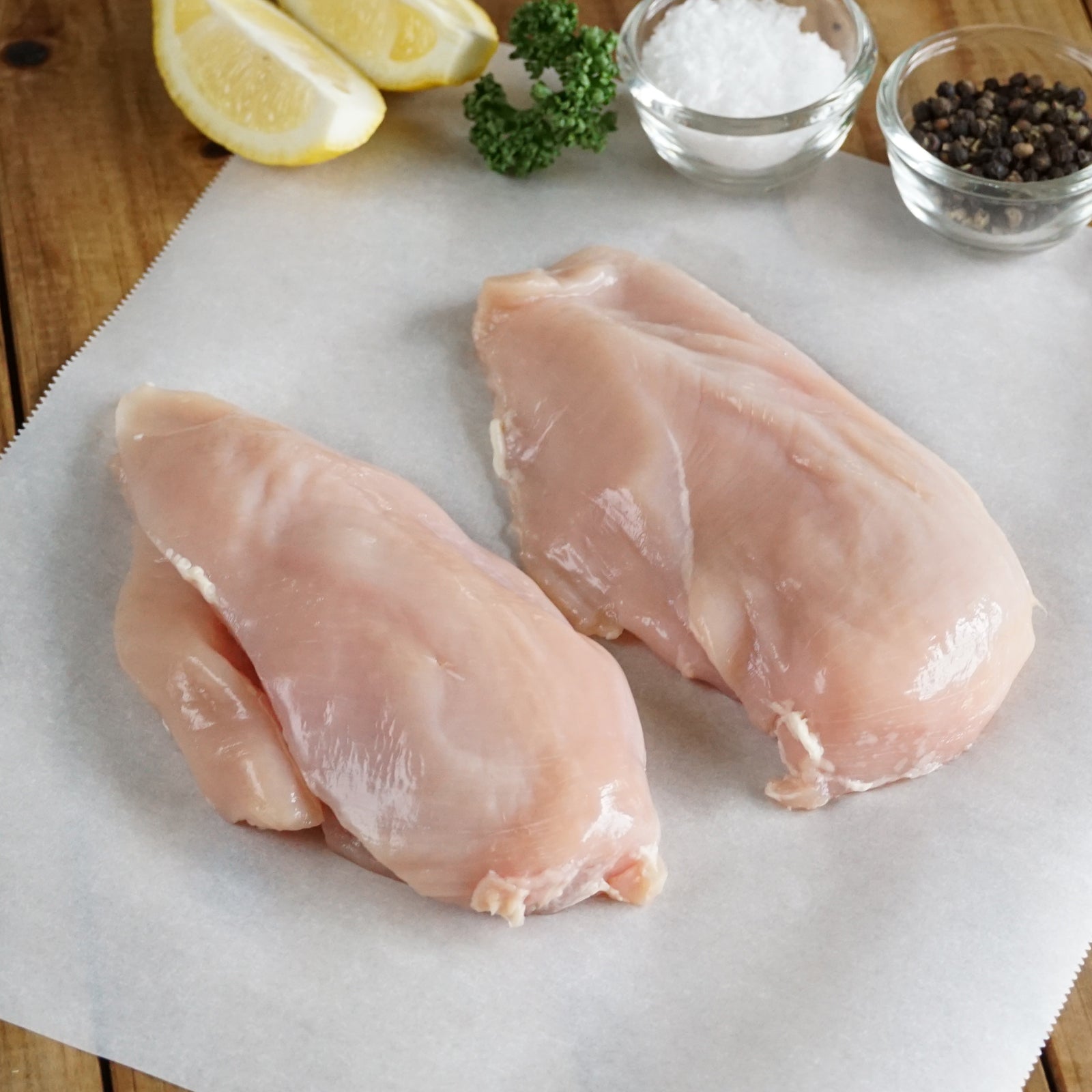

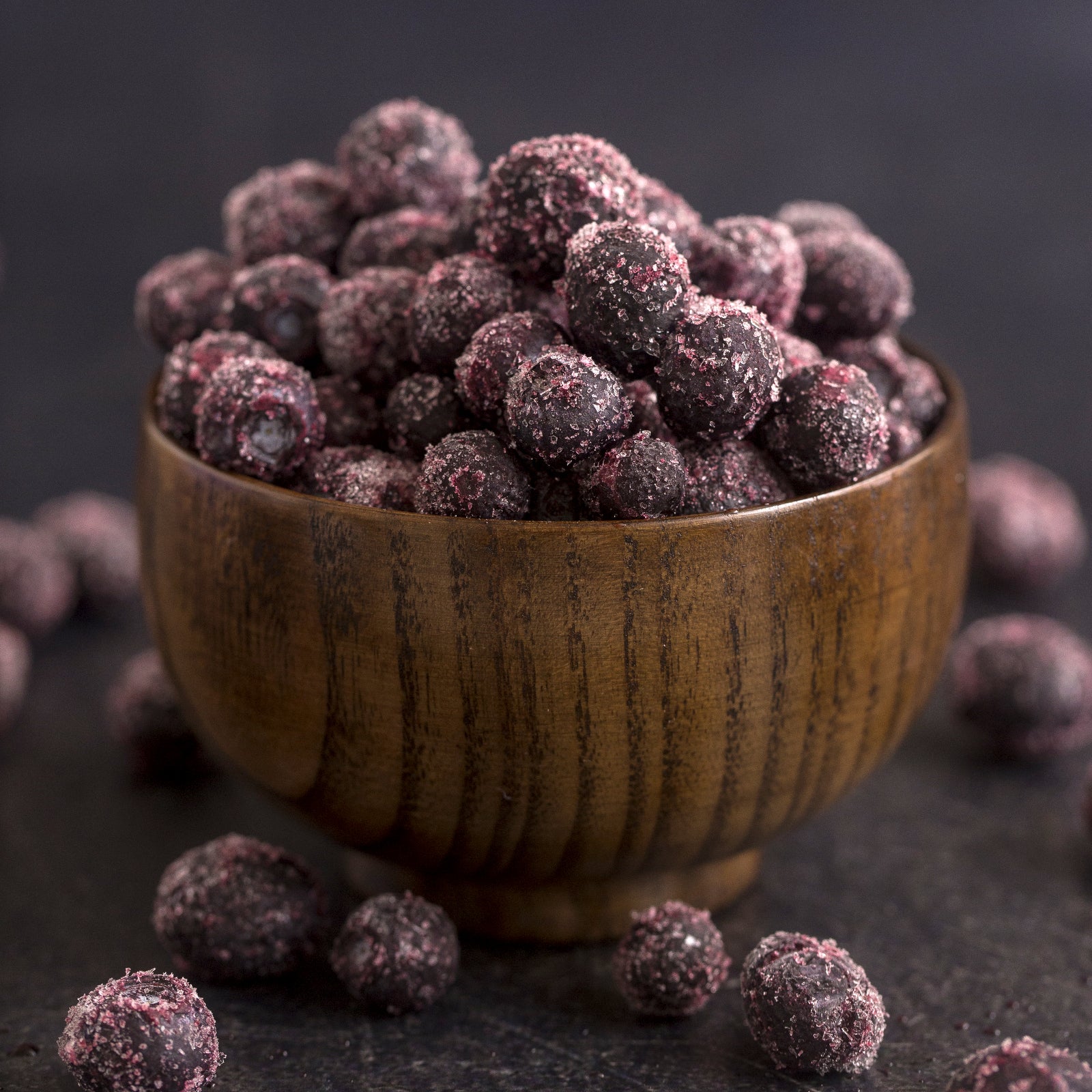
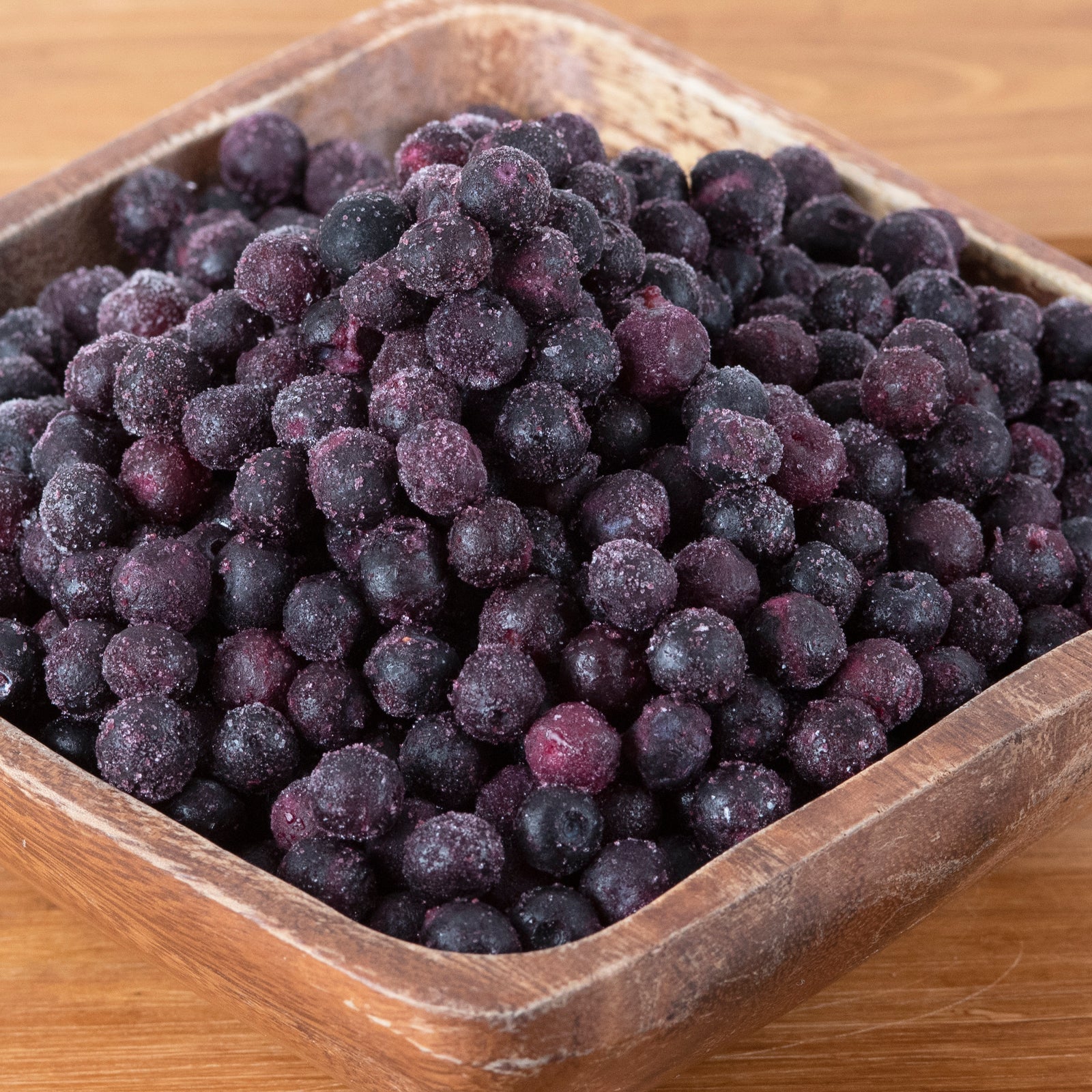
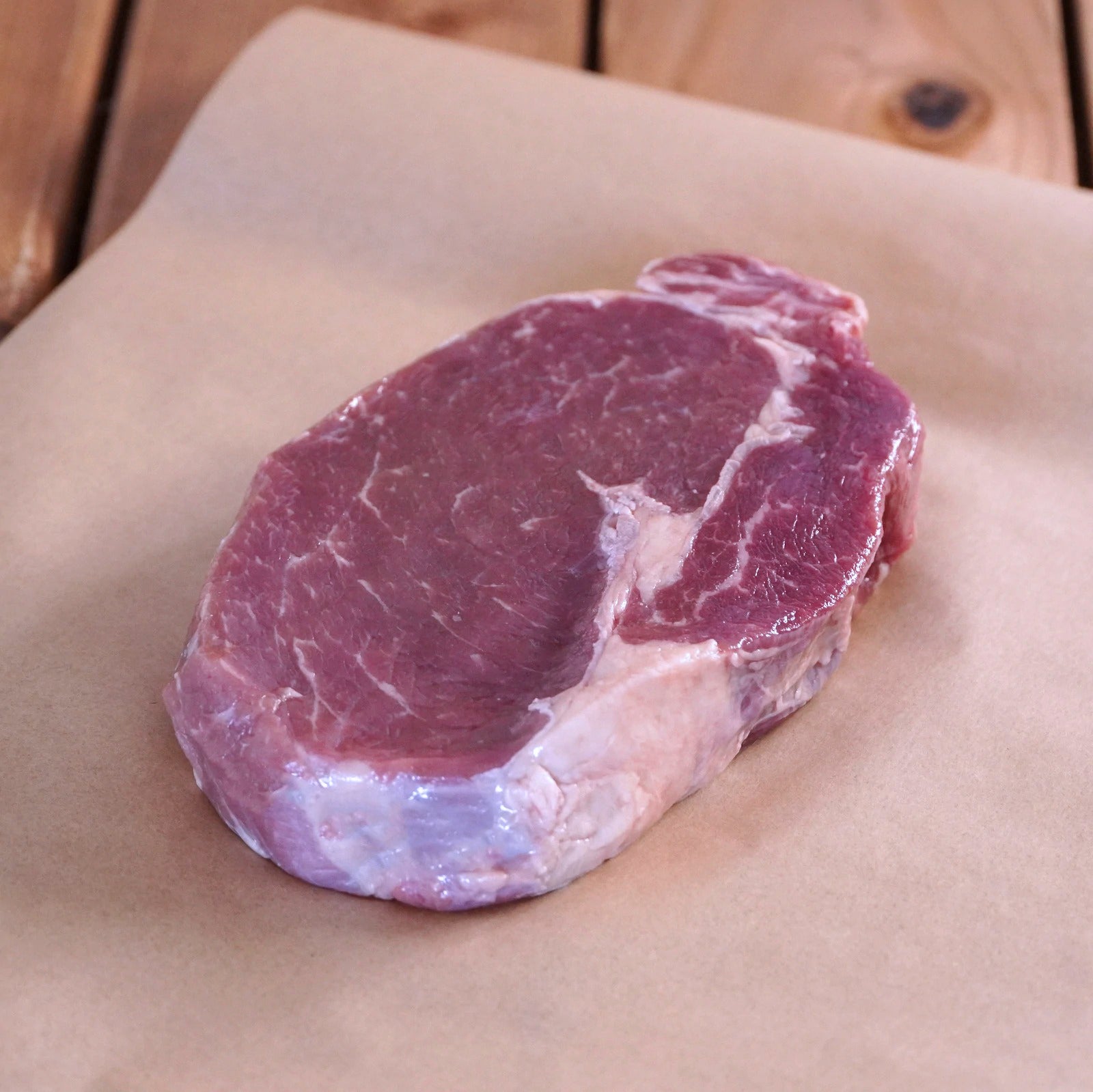
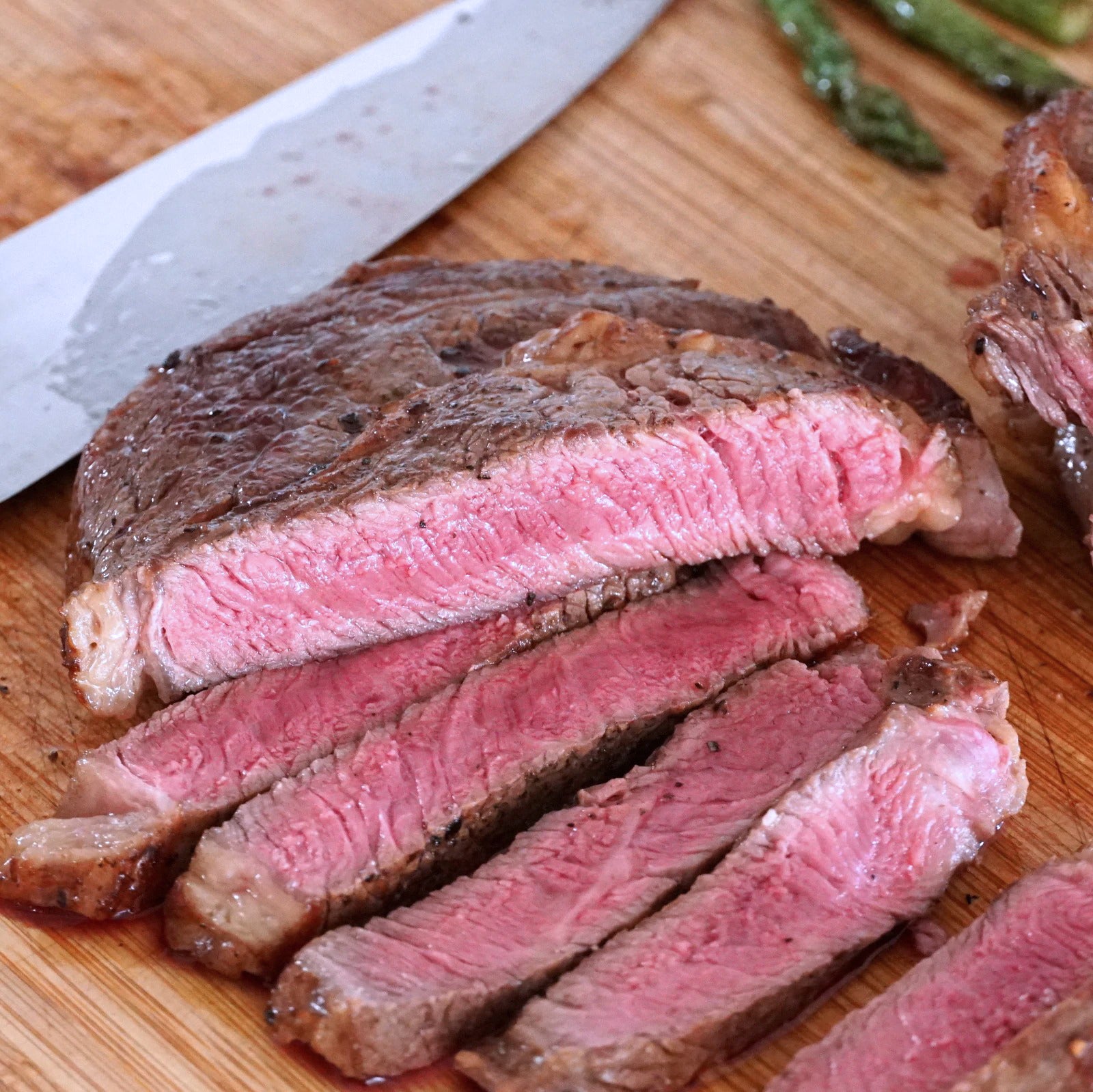
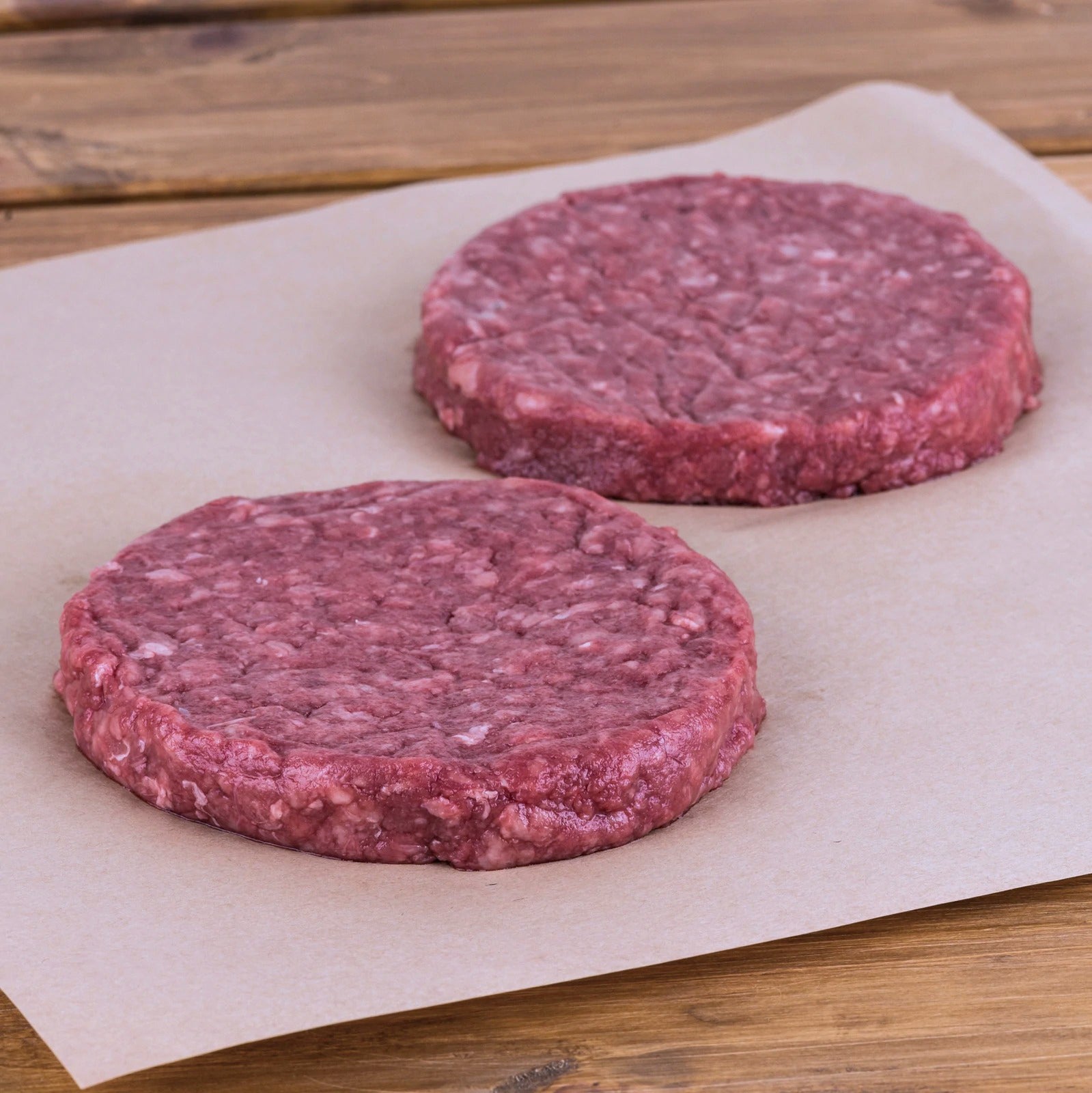
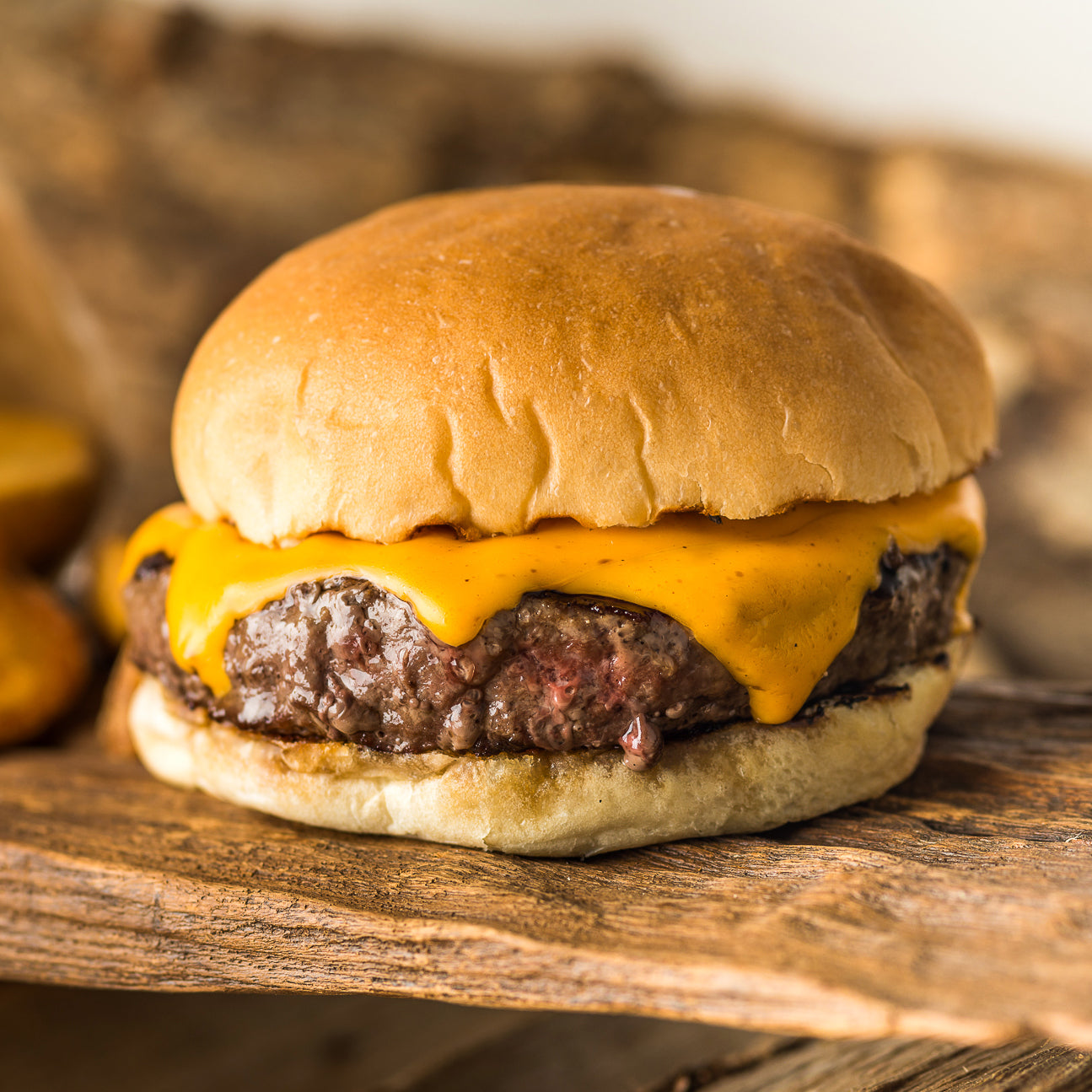
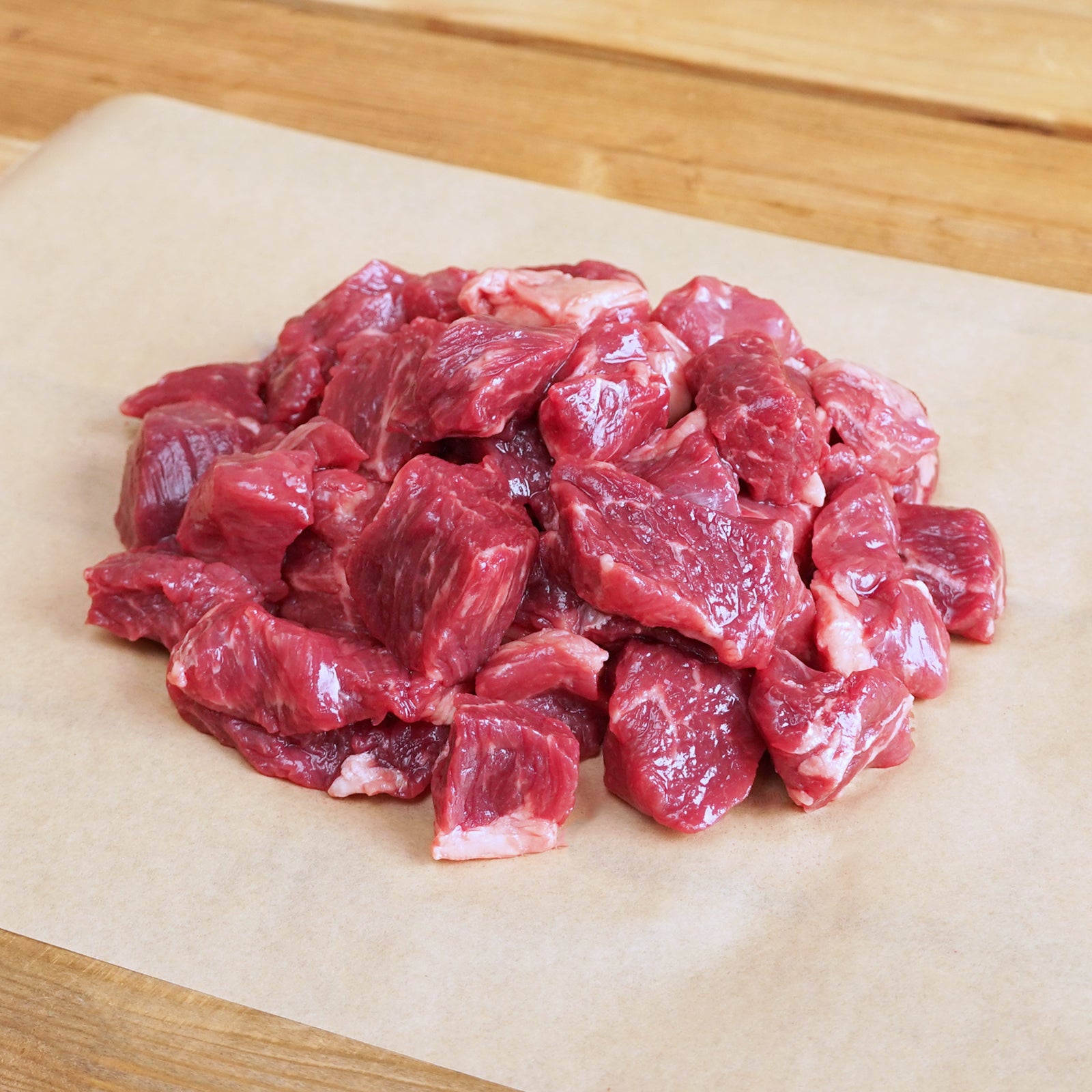
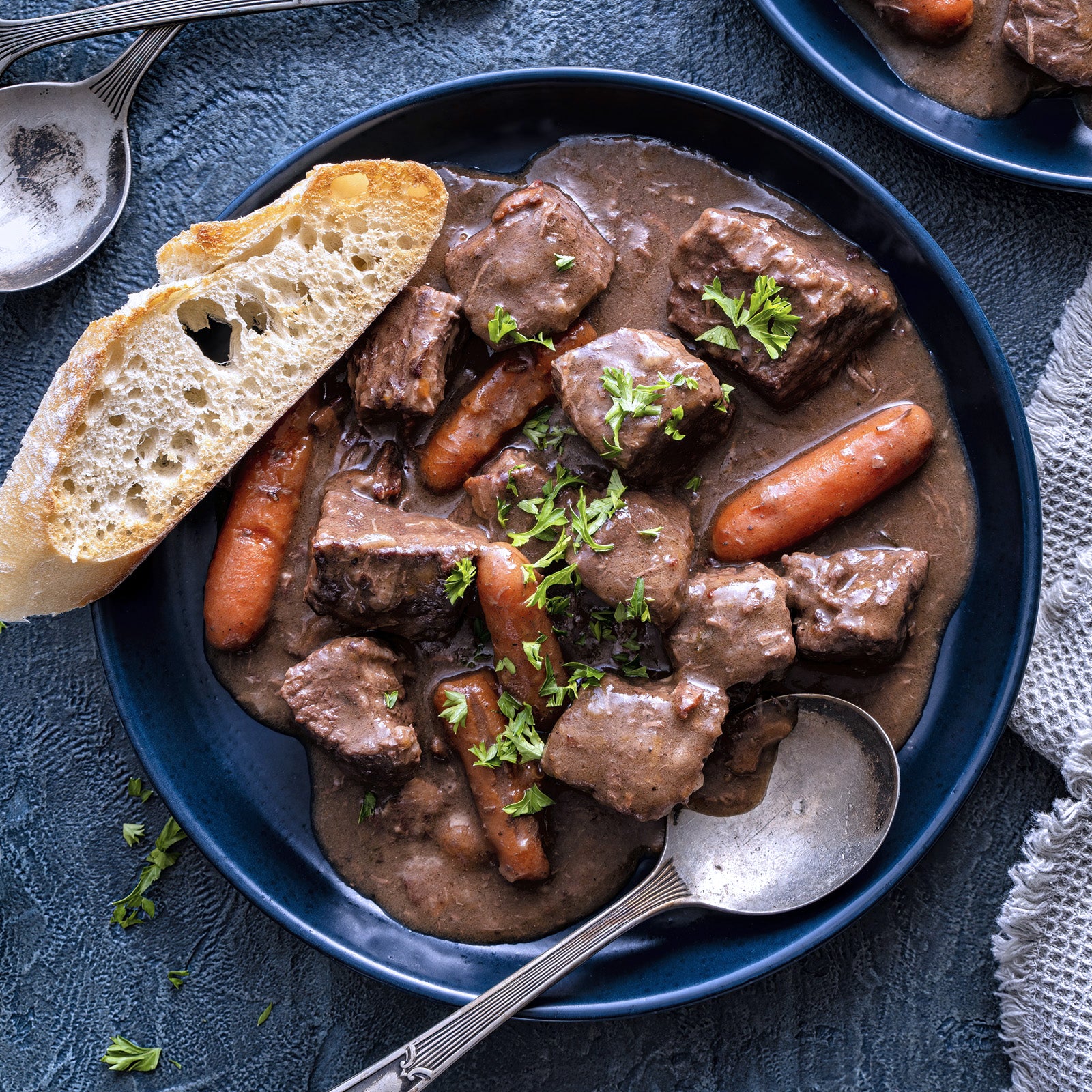


1 comment
Jack Bayles
good article, feel the data on antibiotic usage is available….saw something once as to the % of total antibiotics produced that are used on animals, was insane…like +90% with the massive bit being prophylatic . But good attempt to educate. I think you could have pushed harder on the quality and incidence of antibiotic usage in Horizon product. given that you for the most part are not a mega feed lot operation and hence no need for sub therapeutic dosing. Happy to meet up when you are in Tokyo. More than welcome out at our cafe in Saitama. In 2022 we will have a place in inner Tokyo. take care. Jack
good article, feel the data on antibiotic usage is available….saw something once as to the % of total antibiotics produced that are used on animals, was insane…like +90% with the massive bit being prophylatic . But good attempt to educate. I think you could have pushed harder on the quality and incidence of antibiotic usage in Horizon product. given that you for the most part are not a mega feed lot operation and hence no need for sub therapeutic dosing. Happy to meet up when you are in Tokyo. More than welcome out at our cafe in Saitama. In 2022 we will have a place in inner Tokyo. take care. Jack